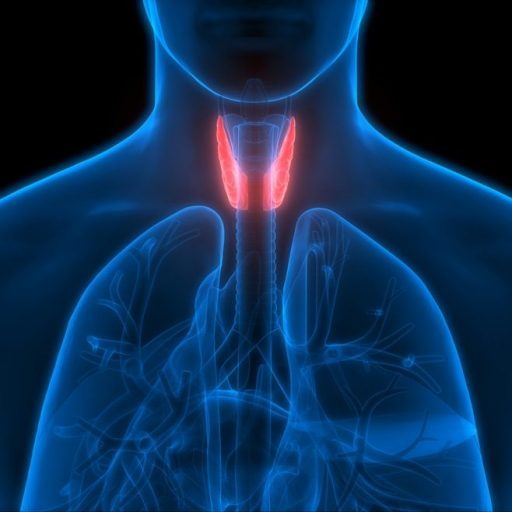Embracing Nutritional Excellence for Thyroid Health
The Cornerstone of Thyroid Function: Diet
A well-crafted diet is crucial for thyroid health. Nutrient-dense foods can help reverse hypothyroidism symptoms. Focus on folic acid, iodine, and selenium-rich foods. Seaweed, yogurt, and eggs boost iodine levels. Brazil nuts and sunflower seeds are excellent selenium sources. Balance is key; too much iodine can disrupt thyroid function.
The Power of Anti-Inflammatory Foods
Antioxidants play a vital role in reducing thyroid inflammation. Berries, leafy greens, and tomatoes are rich in these compounds. Omega-3s from fatty fish like salmon aid in reducing inflammation. They bolster thyroid function and overall health.
Managing Stress: A Key Factor
Identifying and Reducing Stress
Stress can exacerbate thyroid issues. It’s essential to pinpoint stress sources and mitigate them. Techniques like deep breathing and yoga can be highly effective. They not only reduce stress but also enhance thyroid health.
Enhancing Treatment with Supplements
The Role of Supplements in Thyroid Health
At times, diet alone may not provide all necessary nutrients. Supplements can bridge this gap. Consult with a healthcare provider to personalize your supplement plan. This ensures you receive the right nutrients in the correct doses.
The Importance of Exercise
Regular Movement for Thyroid Balance
Regular exercise is critical for maintaining thyroid balance. Engage in activities like walking, swimming, or cycling. These exercises stimulate metabolism and help manage hypothyroidism.
Conclusion: A Holistic Approach
Committing to a Comprehensive Plan
A multi-faceted approach is best for managing hypothyroidism. Combine a nutritious diet, stress reduction strategies, appropriate supplements, and regular exercise. This comprehensive plan promotes thyroid health and overall vitality.






